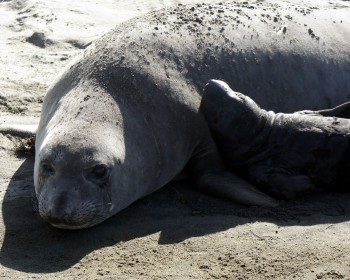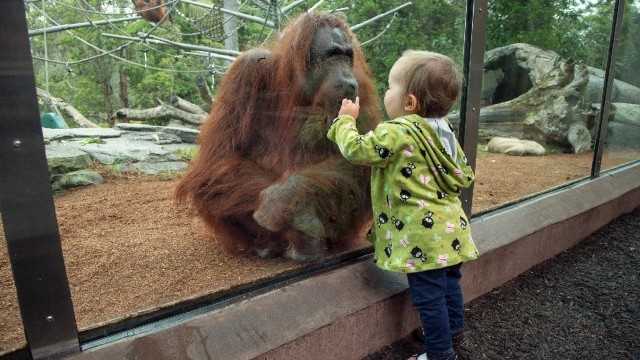- San Diego Zoo
Boy or Girl? For some animals, it’s not simply a genetic flip of the coin. In fact, a new study suggests that some mammalian mothers deliberately “choose” the sex of their offspring. While scientists don’t know what physiological processes are involved in this choice, the research indicates that, somehow, sex selection for mothers is not random.
Stanford biologist Joe Garner and a team of scientists studied more than 90 years of birth records for hundreds of mammal species at the San Diego Zoo. They discovered that the ratio of male to female children is skewed to achieve the highest reproductive rate. In other words, animals with more descendants have a sex ratio that cannot be explained by random chance alone.
To test the numbers, Garner and his team required at least three generations of each mammalian species. “Biological success” occurs when grandparents have a lot of grandchildren – procreation is the name of the game in evolutionary biology. This means the first generation needs to produce offspring who will themselves reproduce. Females tend to reproduce regularly, but each female can only produce a certain number of offspring. Males, on the other hand, may or may not reproduce, but some males will reproduce with numerous females, dramatically increasing the number of offspring. Females, then, are typically a safe bet, while males represent the procreation wild card.

“Let’s imagine for a second that I am a female elephant seal, says Garner. “If I have a daughter, I can guarantee that she’s going to give me one offspring per year for as long as she lives. If I have son, chances are he will never breed. But if he happens to be one of those males that holds 10 or close to 100 females perhaps, then in just one year he’s going to give me 10 or maybe even close to 100 grandchildren. If somehow I know that my son is going to be a harem-holding male, then I should have nothing but sons. I should try and beat the system.”
